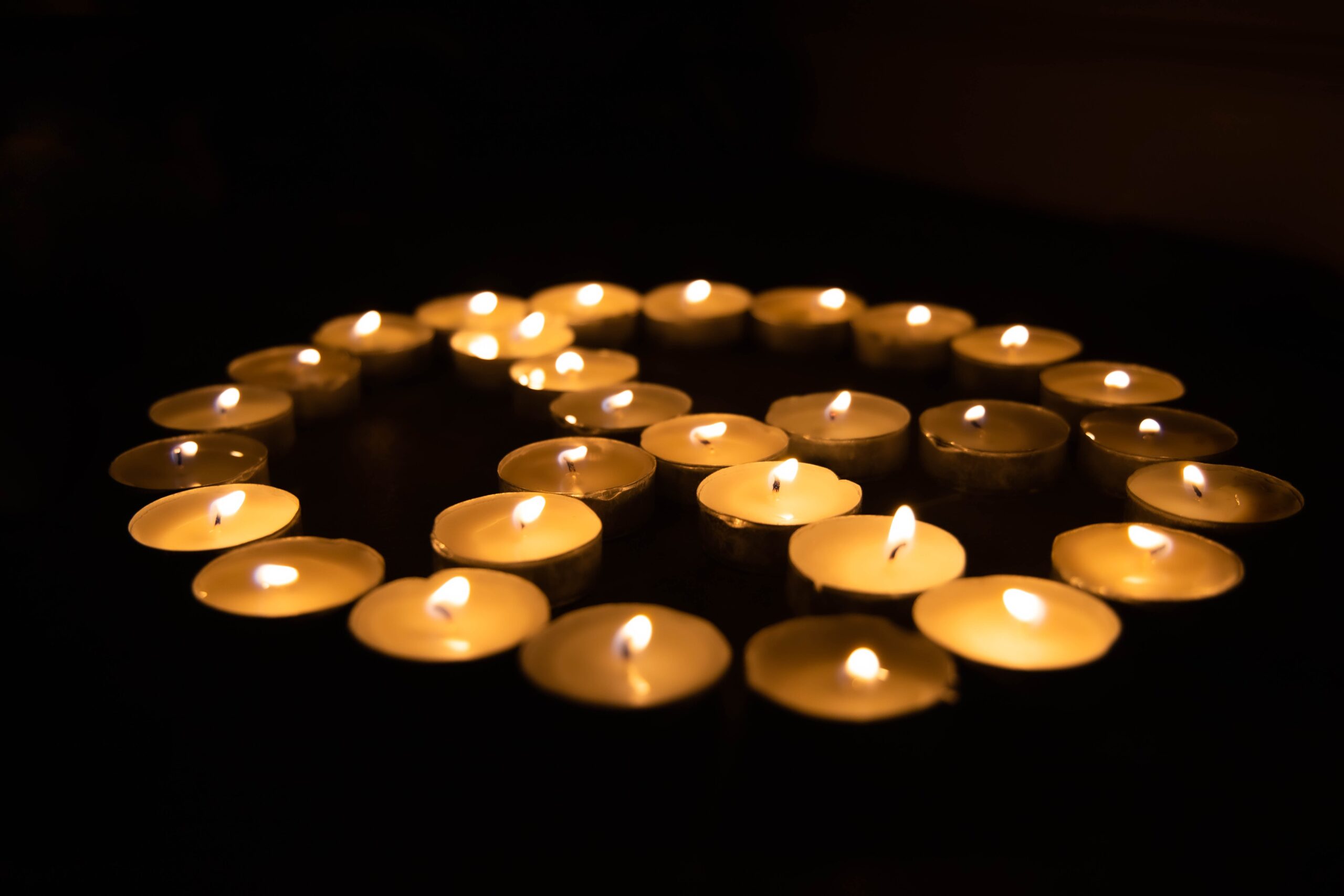
Bruce Giudici
How does this generation approach war? Having delegated war to an all-volunteer force, we as citizens have hired out our dirty military work to a mercenary force separate from the whole. Long ago, during World War II, the US volunteer force was bolstered by a draft of the general population that sacrificed lives and livelihoods to stop fascism in Europe. That force came home to victory, celebration and rewards - like the GI Bill - that formed a foundation for decades of economic growth. What also came home in 1945 was a seeming attitude of humility and belief that but for fortune, any one of those who fought could just have easily been killed, maimed or made mentally infirm. That attitude, along with having come out of the Depression, made it easier for the "Greatest Generation" to accept higher taxes and a greater sharing of the commons.
Switch to today's attitude. As the war generation fades into history and the attention span of today's lot becomes shorter, there is increasing acceptance of inequality and unfairness that would seem to be unacceptable immediately after the War. When we share sacrifice, we share rewards - such things need reminding.
We have an opportunity to make real change in the coming years. Fairness is the order of the day - so say those advocating taxing the rich, helping the disadvantaged and restoring environmental justice. Adding to that would a re-establishing of a military draft - in order to share the burden and to remind this country that war is something to be entered in very rarely.
Only by directly facing the total cost of our militaristic society can we begin to move toward a more peaceful future. Our military is a cancer that diverts attention from better ways to resolve conflict. In the coming years, let us advocate for looking at the true cost of things - and invest in a better future.